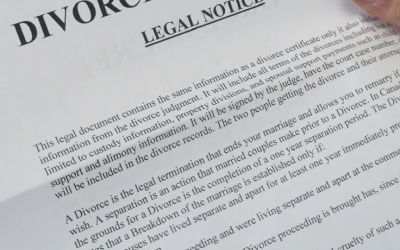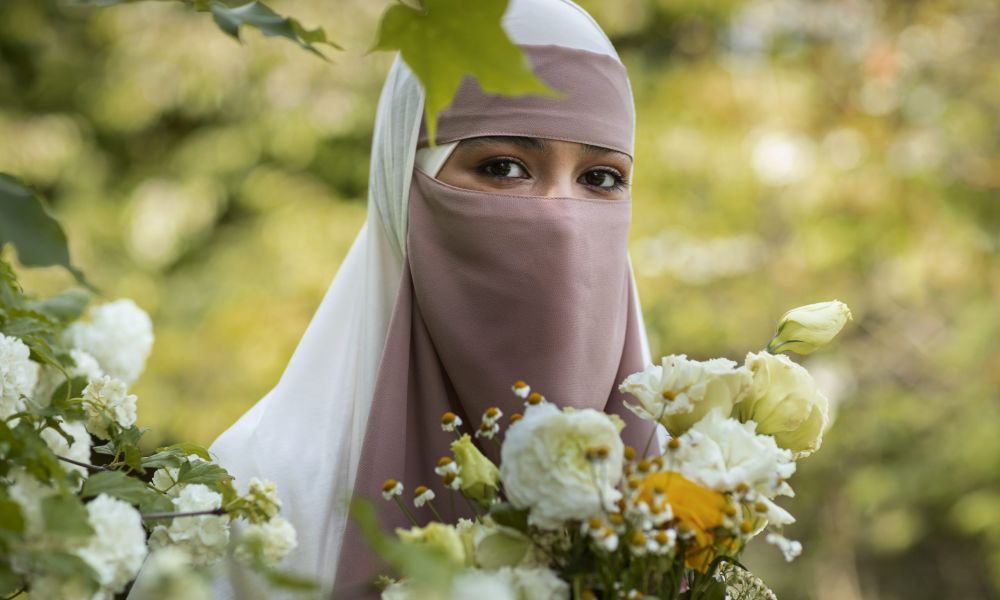
Navigating the Age of Consent in UAE: The Role of Parental Approval in Marriage
Table of Contents ▼
In the UAE, women’s marriage rights shift the moment they reach the legal age.
The age of consent for marriage in the UAE has been a topic of much debate, particularly in terms of women’s rights. Marriage laws differ widely across countries, and in the UAE, one key issue that often arises is the need for parental consent, particularly when it concerns adult daughters.
In this article, we will explore the legal framework for women in Dubai regarding parental consent for adult daughters, the role of Sharia law, and the legal mechanisms that ensure women’s autonomy in choosing a marriage partner.
Legal Framework for Marriage in the UAE
Marriage in the UAE is a legitimate, formal union between a man and a woman, where both parties must consent.
For the marriage to be legally recognized, it must be registered with the relevant authorities, and a valid contract needs to be established. This contract is governed by both civil law in the UAE and Islamic Sharia law, which is a critical part of the nation’s personal status laws.
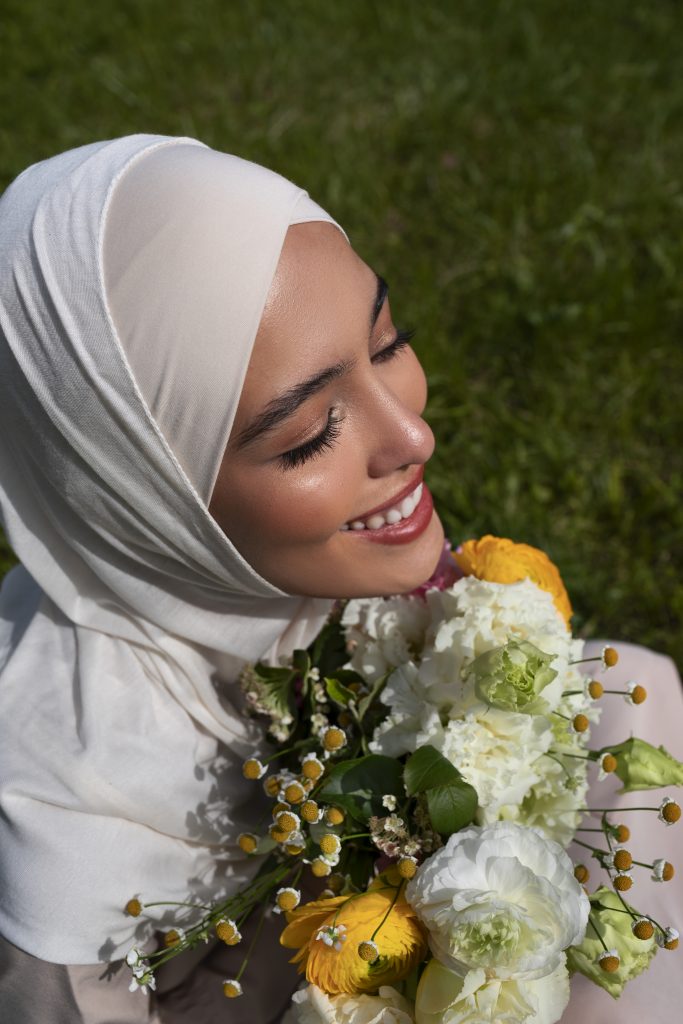
The Personal Status Law, Federal Law No. 28 of 2005, governs marriages in the UAE. According to this law, the legal age of marriage for Muslims is set at 18 years for both men and women.
The age of consent in UAE serves as a safeguard to ensure that both genders are sufficiently mature to enter into a legally recognized marriage contract.
For minors under the age of 18, parental approval is mandatory for the marriage to be legally binding. According to Article 38 of the Personal Status Law, parents or legal guardians hold the right to determine the marriage of their minor children.
Once a woman reaches 18, she is recognized as an adult under UAE law, and in most cases, parental consent is no longer required. This shifts attention to adult daughters and the extent to which parents can influence their marriage decisions.
Parental Consent for an Adult Daughter’s Marriage
Under Islamic law, a Muslim marriage necessitates the consent of a “tutor” (wali), usually the father, followed by other male relatives as detailed in Article 32 of the Personal Status Law.
Parents may try to intervene and prevent their adult daughter from marrying, even if she has reached legal adulthood. However, the age of consent in UAE generally ensures that parents do not have the authority to prevent her marriage.
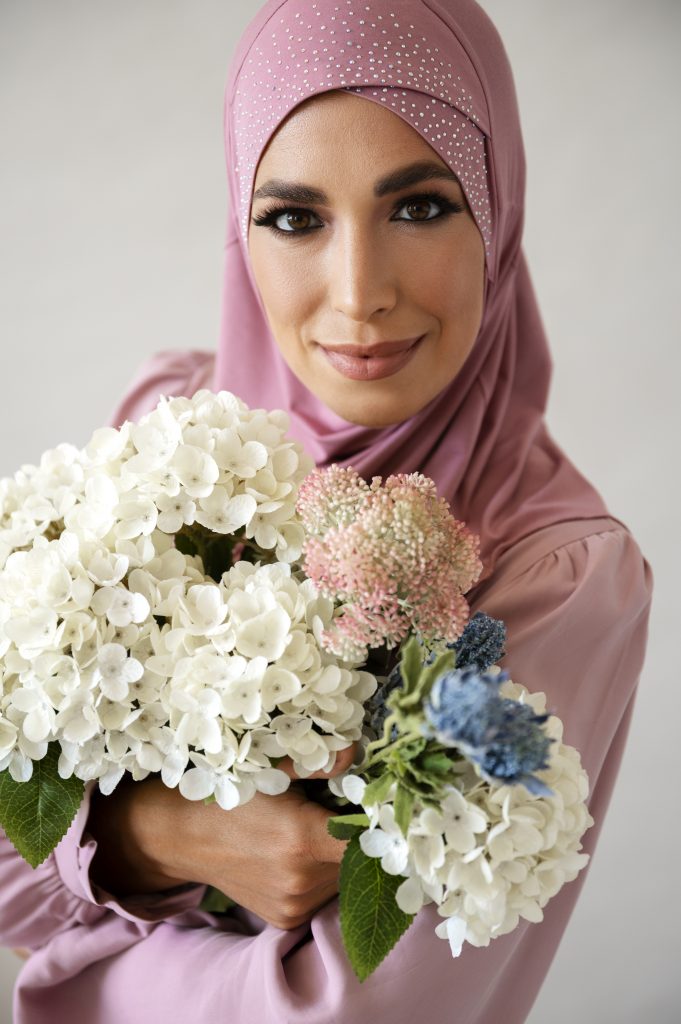
Once a woman reaches the age of consent in UAE, she has the right to choose her spouse, as long as there is no evidence of coercion or undue influence. The UAE legal framework supports the woman’s right to choose a marriage partner once she becomes legally an adult.
Exceptions to Parental Consent
There are situations where a woman may marry without parental consent, even if the parents refuse. If the parents’ refusal is deemed unreasonable, the woman can marry without their approval.
The UAE legal framework ensures that women are not forced into marriages and provides the opportunity to challenge parental objections when their autonomy is under threat, especially once they reach the age of consent in UAE.
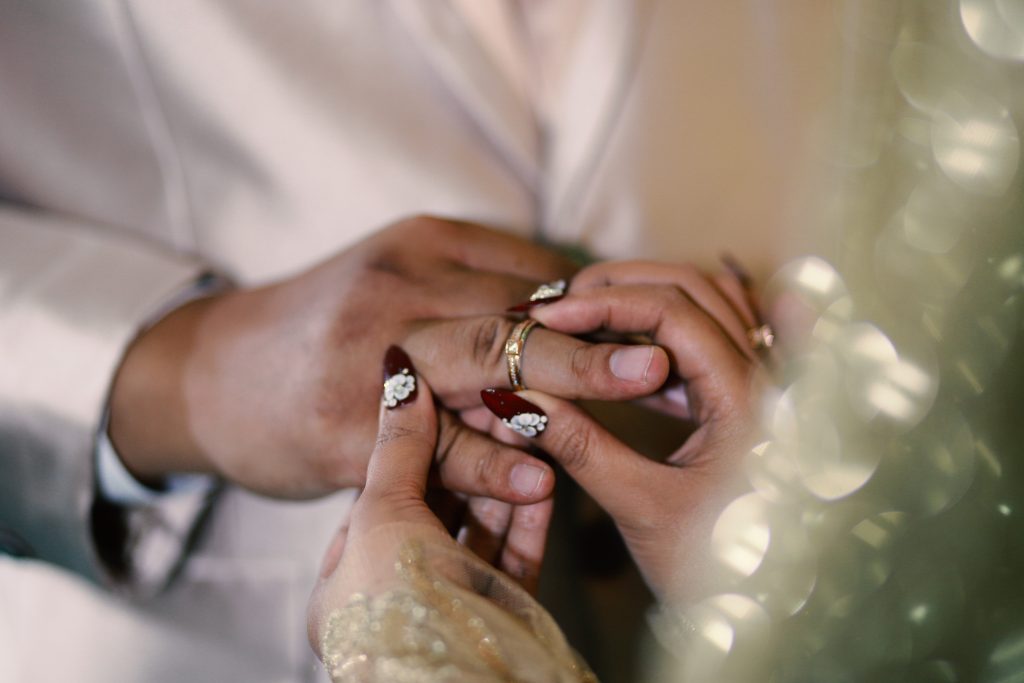
These instances generally occur when the refusal from the parents is unreasonable, such as when the woman’s personal freedom or safety is at risk. Article 30(3) grants an adult daughter the right to petition if her wali opposes the marriage.
UAE courts have consistently ruled in favor of a woman’s autonomy, permitting her to marry even against her parents’ wishes, as long as she has reached the age of consent in UAE and is not coerced.
Parental objections are not enforceable unless a compelling reason exists. The law emphasizes the importance of a woman’s right to make her own choices regarding marriage, provided there are no serious legal or ethical issues.
Women’s Autonomy in Marriage Decisions
Under UAE law, one of the most important rights for women is the ability to choose their spouse once they come of legal age.
While parental consent remains culturally relevant in certain communities, women are legally allowed to make their own marriage decisions without requiring parental approval once they have attained the age of consent in UAE.
UAE law provides robust protection against forced marriages. If there are signs that a woman is being coerced or manipulated into a marriage, the courts can intervene to protect her rights. Women have the legal option to challenge forced marriages and other forms of coercion.
Conclusion
With its stunning landscapes and rich cultural heritage, Oman is an ideal place to say “I do.” Easy Wedding Oman offers expert wedding planning services tailored to your vision.
From helping with the legalities to finding the best venues, our team will guide you through every step. Let us take the stress out of planning your wedding in Oman, so you can focus on celebrating your love.
Reach out to Easy Wedding Oman for a smooth and unforgettable wedding experience.

